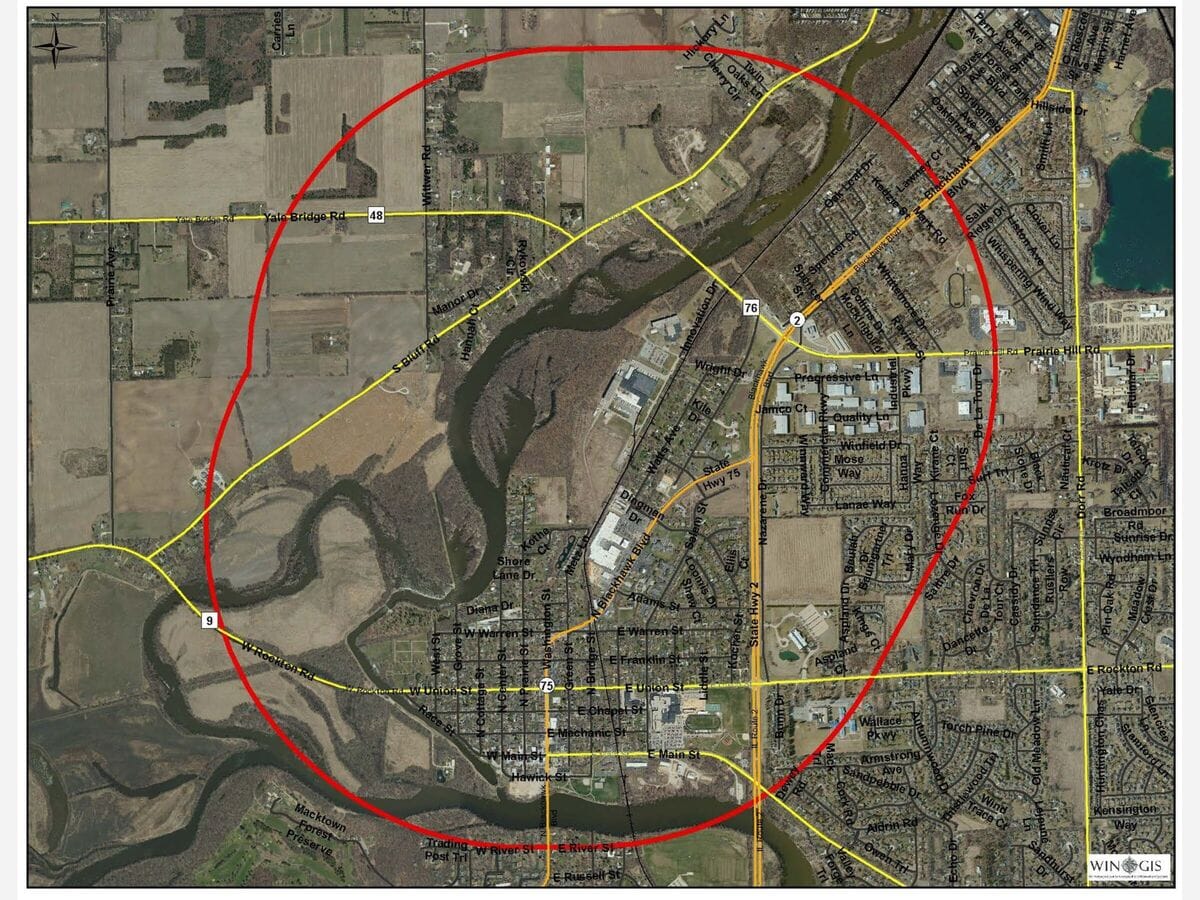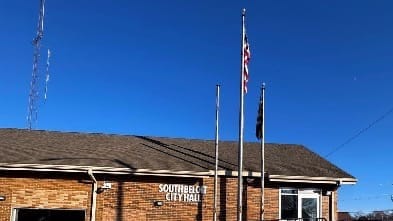Chemtool payments expected to be sent at end of January
Attorney Daniel R. Flynn anticipate that the checks will go out around the end of the month.

More than three years after the 2021 Chemtool explosion and fire in Rockton, IL, property damage claims finally may be getting paid. Thousands of residents and propertuy owners are eligible for part of a $51 million class action lawsuit settlement. Each person could potentially receive thousands of dollars.
Attorney Daniel R. Flynn told us on Friday, Jan. 3, 2024, "The claims administrator has completed their initial review of all submitted claims and is now calculating the amount of the accepted claims. They anticipate that the checks will go out around the end of the month." The class action lawsuit only covers property damage. Personal injury lawsuits would be separate, but nobody has filed any.
Meanwhile, the claims administrator, Analytics Consulting, said on Dec 18, "The court sets the distribution date. We have no way to know when the court will make a decision about the distribution date."
That may not be quite true. Judge Stephen E. Balogh says, "The next status in front of the court is on March 7, 2025 at 1:30 p.m. At that time one of the points of discussion will certainly be when we might expect distribution of settlement funds to class members." But according to claimant Doug Clayburg, Balogh has said he is only told about payment of settlement funds at the status hearings, so payments could be completed before the next hearing.
Last summer, Analytics Consulting sent 6,000 notices to eligible "class members," but said they only received 2,300 claims by the September 12, 2024 deadline. Analytics Consulting told many residents that their claims had never been received, though many insisted they had filed by the deadline or that they never received confirmation. In the end, the president of Analytics told us in October, "Out of an abundance of caution, letters were sent to all individuals who initiated a claim and did not complete it." A new deadline was set, Saturday, Nov. 23, 2024, to complete all claims.
The Settlement Agreement [PDF] says, "Within thirty-five (35) calendar days after the Claims Deadline, the Settlement Administrator will submit to Class Counsel and Defendants’ Counsel a report listing all initially approved and initially rejected Claims." Then the attorney had 45 days to challenge the report.
Related stories from our Chemtool archive
This series of articles has been honored with an award by the Illinois Press Association.
- Chemtool money begins flowing, with more to come
- Chemtool settlement nearing an end
- Chemtool explosion: more than a memory
- Analytics Consulting is still analyzing Chemtool claims
- Looks like Chemtool payments weren't sent in February
- Chemtool payments expected to be sent at end of January
- Update on Chemtool, sort of
- Why your property value affects your Chemtool settlement
- Chemtool payments waiting on assessed property values
- Chemtool deadline is Saturday, Nov. 23, 2024
- Residents will be able to resubmit Chemtool claims that didn't go through
- Chemtool claims from more than 100 Rockton residents may be missing
- Missing Chemtool claims are being investigated
- Judge approves Chemtool settlement
- Residents near Chemtool can file claims for a portion of the $94.5 million settlement
- Judge will issue preliminary approval of Chemtool settlement in next few weeks
- Blackhawk Acres residents can connect to Rockton water at no charge
- The unfolding legal chronicles of Chemtool, Lubrizol, Rockton, and Holian
- Chemtool cleans up, lawsuits warm up
- The EPA found metals in Rockton water in 2004, but not enough to keep testing for them.
- Heavy metals found in Rockton neighborhood groundwater, may not be new
- Chemtool finally estimates what burned in the fire and what was released over Rockton
- Chemtool hasn't released list of materials, says fire reduced everything to its elemental form
- Chemtool fire: officials claim they're gathering information, not holding it back
- Chemtool responds to state lawsuit
- State attorneys file suit against Chemtool for environmental recovery
- Environmental expert: be concerned about years, not days, of exposure to chemicals
- Rockton fire chief: Chemtool contractor released mineral oil, ignition occurred
- Chemtool fire dwindles, cleanup continues, lawsuits emerge
- Rockton air quality remains stable, Chemtool will pay for debris cleanup and evacuee expenses
- Chemtool employees still being paid, Rockton still under evacuation order
- Lubrizol employees in France think they've seen this smoke plume before
- Gov. Pritzker sends National Guard to respond to chemical fire in Rockton
When I get my money, is it taxable?
Residents have heard conflicting opinions about whether these settlement payments are taxable. One scoffed at the idea, as did his accountant, that they wouldn't be.
But attorneys familiar with class action lawsuits have told us that, no, in general, payments for personal damages are not taxable. In particular, this applies to personal injuries, but it can also apply to property.
Attorney Donald Worley says residents should check with the person who does their taxes, but "the only part of a settlement which is typically taxable is lost wages (because they are actually wages). No taxes will be deducted from any settlement by the claims adjuster. The client will be responsible for paying any taxes owed, if any."
Australian attorney Oliver Morrisey says, "Settlement payments for property damage are generally not taxable when they reimburse you for physical damage or loss of use of property. For example, if the payment is meant to cover repairs to your home, replace damaged furniture, or address similar losses, that amount is typically not subject to taxation. The IRS considers these reimbursements as restoring you to your original position rather than income."
But business payments are different. Morrisey says, "Payment for business interruption... would need to be reported on your tax return."
Florida lawyer Michael Vater agrees that many types of payments can be taxable, even getting paid back for a debt. But he says the IRS has held that “property settlement for loss in value of property that are less than the adjusted basis of your property are not taxable."
Your payment isn't considered income unless your house was condemned, torn down, and hauled to the dump after Chemtool debris fell on it. But your property is now worth less because of the Chemtool fire. So when you calculate its value before selling it, you would subtract the amount of the settlement from the value. Business owners would make a similar calculation.





